How Much Does Scuba Diving Cost?
Find out how much scuba diving costs, from getting certified to planning dive trips.
Do you wish to explore the underwater world and experience the thrill of swimming among colorful fish and stunning coral reefs? You're not alone! Scuba diving is an amazing adventure that lets you discover a whole new world beneath the waves. But before you start this underwater journey, you might wonder: How much does scuba diving cost? Let's look at the expenses involved so you can plan your diving adventures with confidence.
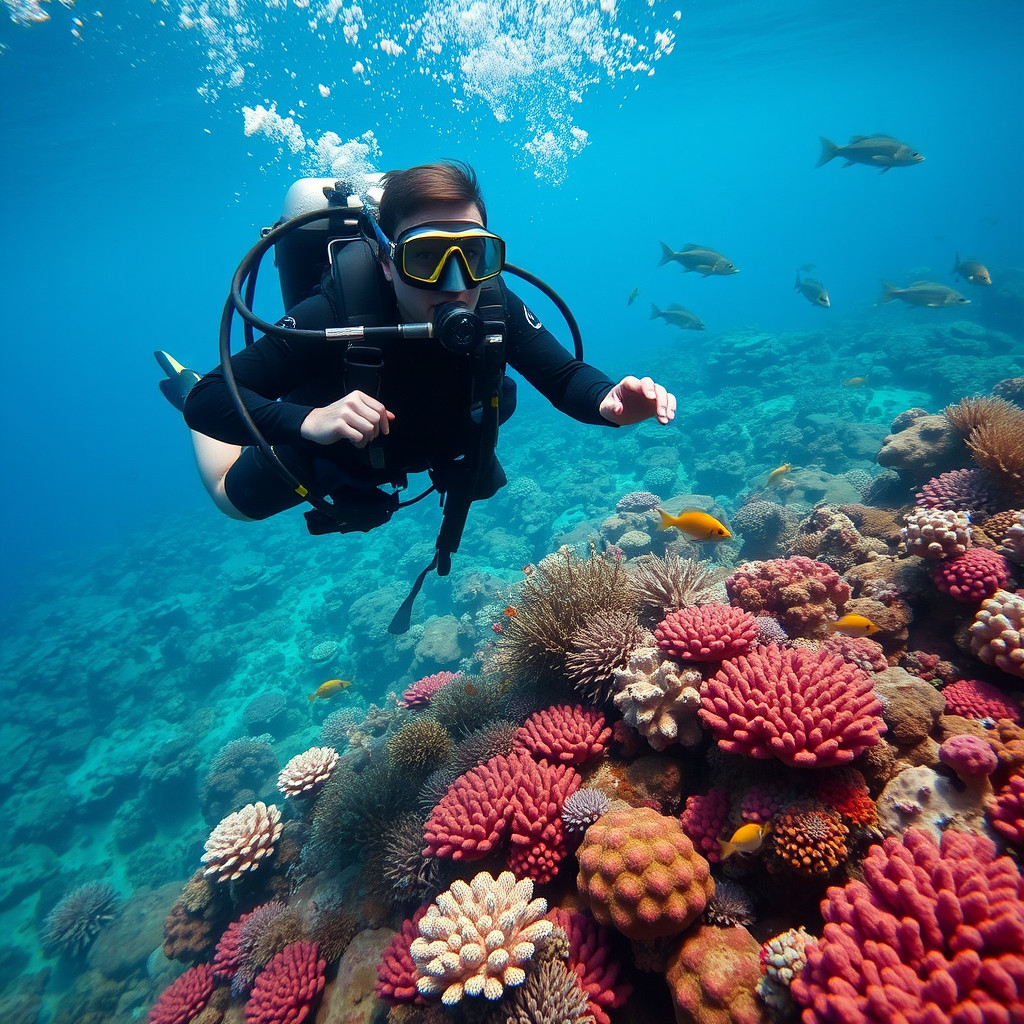
Process of Getting Certified
How the Certification Works
Before you can dive, you need to get certified. This means you'll learn everything you need to dive safely. Organizations like PADI (Professional Association of Diving Instructors), SSI (Scuba Schools International), and NAUI (National Association of Underwater Instructors) offer scuba certifications. Their training is recognized all over the world.
Cost of Certification Courses
The price of an Open Water Diver certification course varies depending on where you take it, which dive shop you choose, and what's included in the course. On average, expect to spend between $300 and $700 for the basic Open Water course.
In some places, courses may be cheaper, maybe around $200, especially in areas with many dive schools like Southeast Asia. However, if you're training in a place with higher living costs or want more personal instruction, prices could reach $1000 or more.
What's Included in the Price?
When you're comparing course prices, find out what's included:
Instruction and Learning Materials: This covers classroom sessions, practice in a pool, open water dives, and any manuals or online lessons.
Equipment Rental: Some courses provide all the gear you need, while others might ask you to bring or buy personal items like a mask, snorkel, and fins.
Certification Fees: This is the fee paid to the agency to process your certification card after you complete the course.
Always ask for a detailed list to avoid unexpected costs.
Picking the Right Dive School
Choosing a dive school is not just about the price. Think about the quality of the instruction, the size of the classes, and the school's reputation. Reading reviews and getting recommendations can help you find a school that offers good value and a great learning experience.
The Cost of Equipment
Renting vs. Buying Gear
Once you're certified, you'll need gear to dive. You can either rent or buy equipment. Renting is practical if you're new or only dive occasionally. Rental gear usually costs between $20 and $40 per day, depending on where you are and what gear you need.
If you plan to dive often, buying your own gear might save money over time. Owning your gear means it fits you well and you're comfortable using it, which can make your dives safer and more enjoyable.
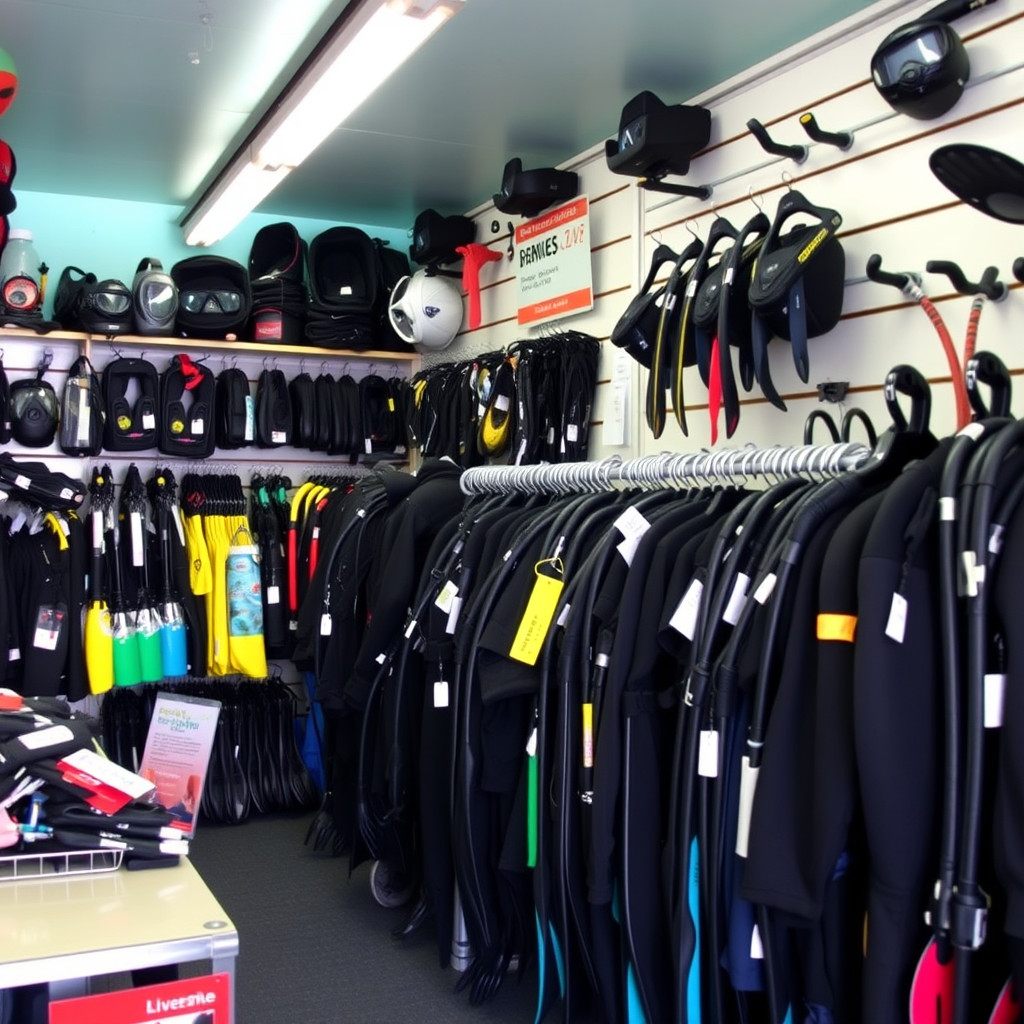
How Much Does Gear Cost?
Here's a breakdown of what you might spend to buy your own scuba gear:
Mask, Snorkel, and Fins: These personal items are a good place to start. Expect to spend between $150 and $300 for good quality gear.
Wetsuit or Drysuit: Depending on where you dive and the water temperature, a wetsuit can cost $100 to $500. For colder water, a drysuit can range from $1000 to $3000.
Buoyancy Compensator Device (BCD): This helps you control your buoyancy underwater. Prices range from $300 to $700.
Regulator and Octopus: The regulator gives you air from your tank. A good set, including a backup (octopus), costs between $400 and $1200.
Dive Computer: This device tracks your depth and time to help you dive safely. They range from $200 to $1500, depending on features.
Accessories: Things like dive lights, knives, markers, and bags can add another $100 to $500.
All together, buying a full set of gear can cost anywhere from $1000 to $5000. While this is a big investment, owning your gear can make you more comfortable and confident underwater.
Tips to Save Money on Gear
Buy Used Gear: Second-hand equipment can be cheaper. Make sure it's in good condition and have it checked by a professional.
Look for Sales: Dive shops often have sales, especially at the end of the season.
Start with Essentials: Begin with personal items like your mask, snorkel, and fins. Add more gear as you can afford it.
How Much You'll Pay Per Dive
Understanding Dive Trip Costs
The cost of diving varies a lot depending on where you dive, the type of dive, and whether you're diving from shore or a boat.
Shore Dives: These are usually the cheapest. If you have your own gear, you might only pay for air fills, which are about $5 to $10 per tank.
Boat Dives: Diving from a boat costs more because of fuel, crew, and boat maintenance. Prices range from $40 to $150 for a two-tank dive trip.
Costs in Different Places
Dive costs can be very different around the world:
Southeast Asia (like Thailand, Indonesia): Especially, Thailand. Koh Lipe, Koh Samui, and most of the islands on the south part in Thailand are amazing. Thailand is my favorite place since diving is affordable here, with two-tank boat dives costing about $60 to $80, or maybe even cheaper.
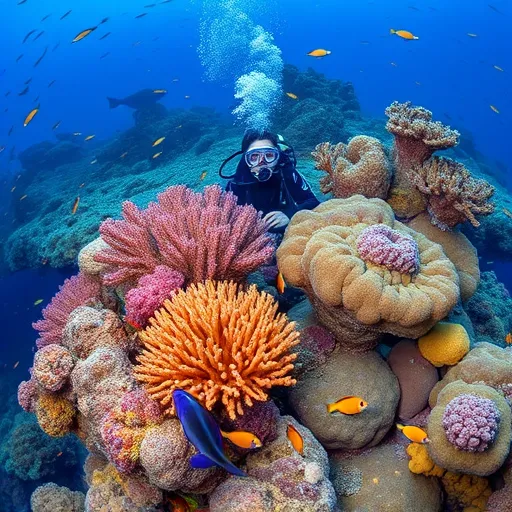
The Caribbean: Prices are higher, with similar trips costing $100 to $150.
Australia's Great Barrier Reef: Because of its location and park fees, day trips can cost between $200 and $300.
Liveaboard Trips
For a more in-depth experience, liveaboard trips let you stay on a boat for several days or weeks, diving many times a day. Prices vary based on where you are and how fancy the boat is, ranging from $500 for a few days to over $5000 for a luxury two-week trip.
Equipment Rental Costs
If you're renting gear, remember these extra costs:
Full Gear Rental: Adds about $20 to $50 per day.
Individual Items: Costs vary, and things like dive computers or underwater cameras may cost more to rent.
Ways to Save Money on Dive Trips
Package Deals: Dive shops often give discounts if you book multiple dives or combine courses with fun dives.
Group Discounts: Diving with friends might get you a better rate.
Dive in Off-Peak Times: Diving during less busy seasons can be cheaper.
Additional Costs to Consider
Travel and Accommodation
If you're diving away from home, travel is a big part of the cost. This includes:
Flights or Transportation: Costs vary depending on how far you go and how you travel.
Accommodation: Choices range from budget hostels to luxury resorts.
Meals and Other Expenses: Don't forget daily costs like food and local transportation.
Dive Insurance
Regular travel insurance might not cover scuba diving beyond certain depths or types of dives. Specialized dive insurance covers dive-related injuries and emergencies. Plans from groups like DAN (Divers Alert Network) can cost from $30 to $100 per year.
Continuing Education
As you get more into diving, you might want to take advanced courses:
Advanced Open Water Diver: Lets you dive deeper and try new types of dives. Costs range from $200 to $400.
Rescue Diver and Specialty Courses: Each course can cost between $200 to $500.
Professional Certifications (Divemaster, Instructor): These are more expensive, often costing $1000 to $3000 or more.
Equipment Maintenance
If you own gear, you'll need to maintain it:
Annual Servicing: Regulators and BCDs should be serviced yearly, costing around $100 to $200.
Tank Inspections: Scuba tanks need regular checks, usually $20 to $50 per test.
Repairs and Replacements: Over time, things like wetsuits and masks may need to be replaced.
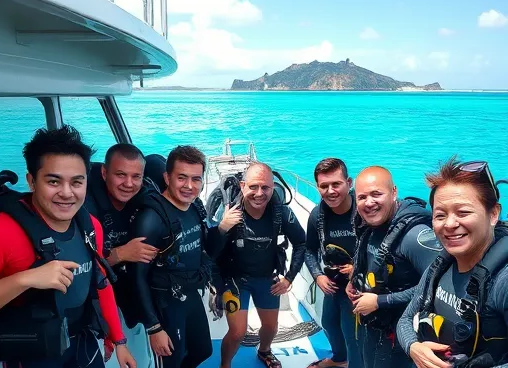
Photography and Special Gear
If you're into underwater photography or video, camera gear can add a lot to the cost:
Underwater Camera Housings: To protect your camera, costing $200 to $2000.
Lights and Flashes: Needed for clear pictures, ranging from $100 to $1000.
Diving in challenging conditions might need extra gear, like:
Advanced Dive Computers: Costing $500 to $1500.
Special Equipment for Technical Diving: Such as sidemount systems, costing $1000 or more.
Fees for Parks and Permits
Some popular diving spots require permits or charge fees to support conservation:
Marine Park Fees: Can range from $5 to $25 per day.
Special Permits: Some areas need extra permits, especially protected sites.
Tips for Budgeting Your Diving
Plan Ahead
Set a Budget: Decide how much you want to spend.
Research Destinations: Some places offer better value than others.
Look for Deals
Book Early: Booking in advance can get you lower prices.
Last-Minute Offers: Sometimes you can get discounts to fill spots.
Dive Close to Home
Local Diving: Diving nearby reduces travel and accommodation costs.
Join Dive Clubs: They often organize affordable trips.
Be Smart with Your Money
Avoid Impulse Buys: You don't need expensive gear when starting out.
Don't Sacrifice Safety: Make sure your training and equipment are good quality.
The Value of Scuba Diving Experiences
Scuba diving can cost money, but many divers find the experiences and memories worth it. Exploring underwater worlds, seeing marine life up close, and meeting other divers can be a rewarding part of life. By planning carefully and making smart choices, you can enjoy diving without overspending.
Wrap-Up
Scuba diving opens up an incredible underwater world. The costs can vary a lot depending on your choices. No matter your budget, there's a diving experience for you. By understanding the costs and planning ahead, you can dive into this amazing hobby and create unforgettable memories. So, are you ready to take the plunge?
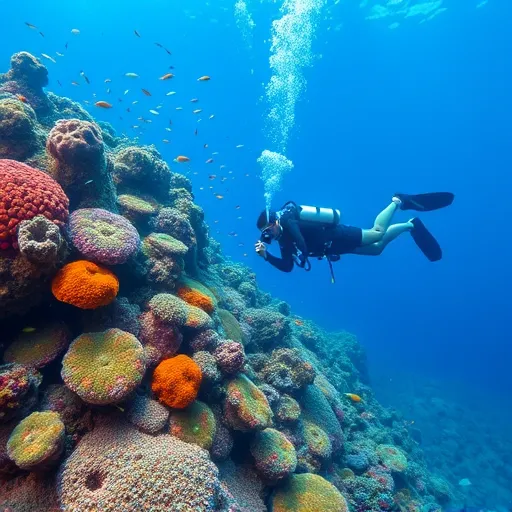
FAQ
Is scuba diving expensive?
Scuba diving can fit different budgets. While the initial costs for certification and gear can be high, there are ways to keep expenses down. Renting gear, diving locally, and finding deals can make it more affordable. Like many hobbies, the costs can increase with advanced gear and faraway trips, but you can enjoy basic diving without spending a fortune.
Do I need to buy my own scuba gear?
You don't have to buy your own gear, especially when starting out. Many divers rent equipment, which lets you try different gear before buying. If you dive often, owning your gear can save money over time, and it means you have equipment that fits you well.
How much does scuba certification cost?
An Open Water Diver certification usually costs between $300 and $700. The price depends on where you take the course, what's included, and the dive shop's rates. Always ask what the price includes to avoid surprises.
Are there ongoing costs after getting certified?
Yes, ongoing costs include dive trips, gear rental or upkeep, and possibly dive insurance. If you decide to take more courses, there will be fees. Regular maintenance of your gear is important for safety.
Can I scuba dive on a small budget?
Yes! By diving locally, renting gear, and choosing affordable dive sites, you can keep costs low. Planning ahead and finding discounts or group rates can help reduce expenses.
What are some hidden costs in scuba diving?
Hidden costs might include gear maintenance, park fees, or unexpected gear rentals if your equipment fails. Be sure to factor in travel expenses, insurance, and any extra courses you might take.
Do I need dive insurance?
While not always required, dive insurance is a good idea. It covers medical costs related to dive accidents, like decompression sickness. Considering how expensive dive-related medical treatment can be, insurance provides peace of mind.
How often should I service my scuba gear?
It's recommended to service your regulator and BCD every year or after every 100 dives, whichever comes first. Regular servicing keeps your gear safe and working well.
Are liveaboard trips worth it?
Liveaboard trips can be more expensive than day trips but offer unique benefits. You can access remote dive sites, dive several times a day, and enjoy an immersive diving experience. For enthusiastic divers, the cost is often worth it for the extra diving.
Can I learn to dive while on vacation?
Absolutely! Many people learn to dive on holiday. Just make sure you have enough time for the course, which usually takes 3-4 days, and choose a reputable dive school.
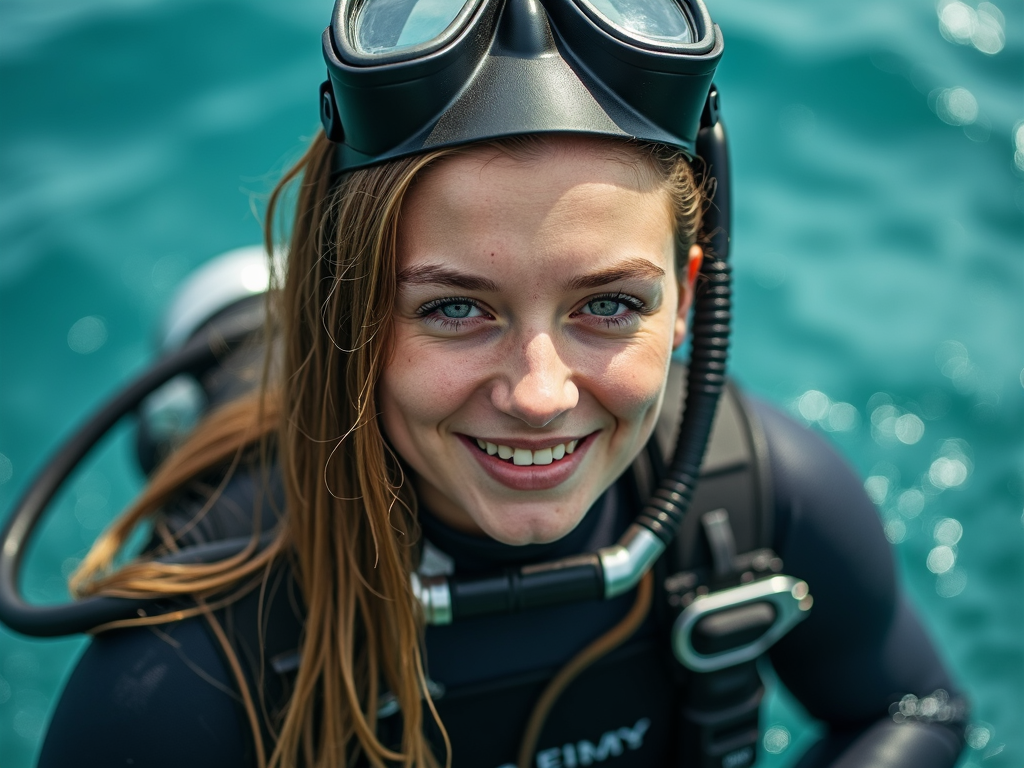
I'm a scuba enthusiast, and marine life lover. I enjoy writing about my diving adventures and sharing my knowledge with others.

I'm a passionate scuba diver and love to share my experiences with you. I enjoy writing about my experiences and sharing my knowledge with others.